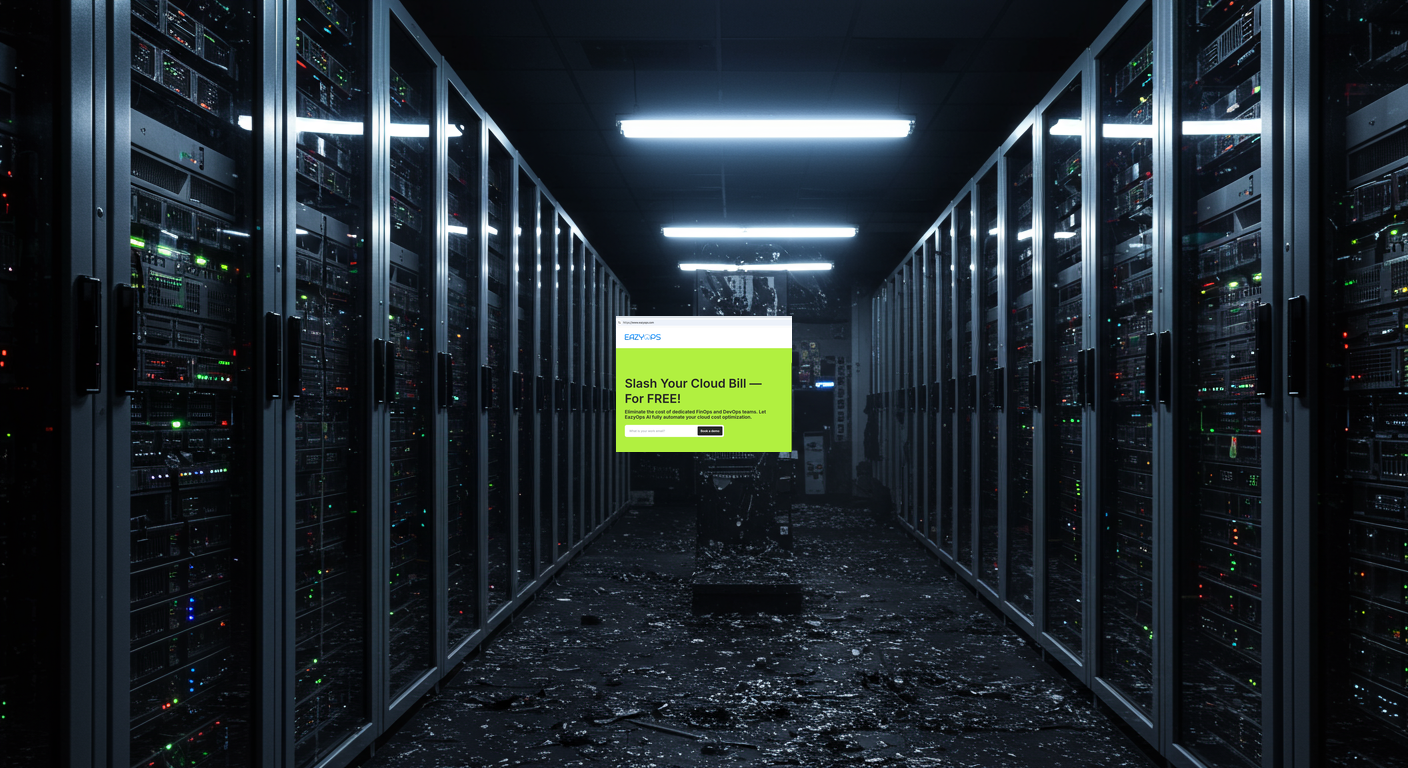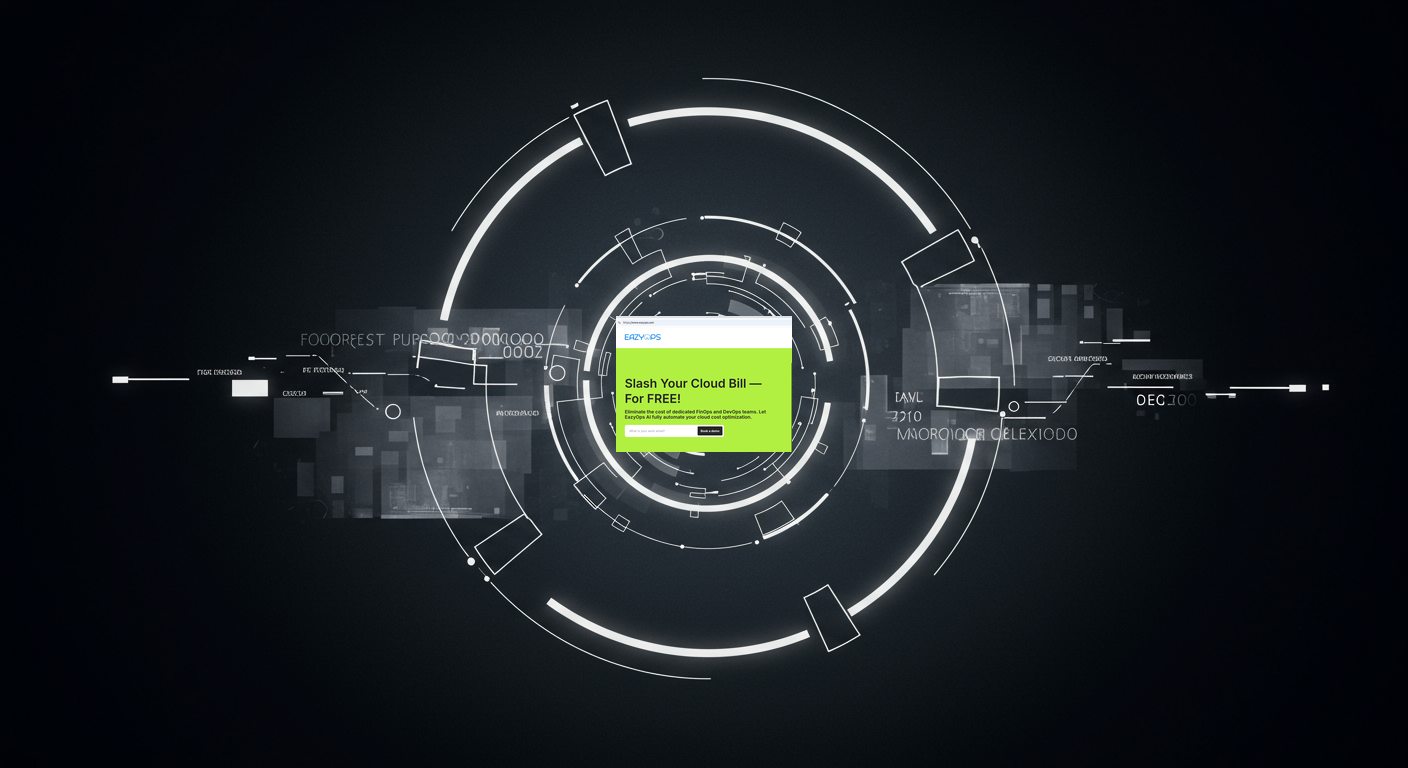The $1,400 Sandbox Graveyard
How forgotten dev sandboxes turned into a cloud cost nightmare—and how we finally woke up.
"Our cloud bill is up again?" Those words had become a grim monthly ritual. We were a fast-growing startup, constantly spinning up new projects, which meant a constant churn of developers, interns, and contractors. What we didn't realize was the hidden cost of this rapid growth: a graveyard of forgotten dev sandbox instances, silently draining our budget.

The Sandbox Proliferation Problem
Sandboxes are essential. Every developer needs a safe space to experiment, test, and break things without impacting production. But with each new project, new sandboxes would sprout like weeds across our AWS and Azure accounts. And when the project ended? Well, let's just say cleanup wasn't always a top priority.
The problem wasn't malicious—it was simply human nature. People moved on to new tasks, deadlines loomed, and those temporary sandboxes faded into the background noise of our cloud infrastructure.
The Cost of Forgotten Infrastructure
The initial signs were subtle: a creeping increase in our monthly cloud bill. We attributed it to growth, to new features, to anything but the real culprit. Then came the budget review. A deep dive into our spending revealed the shocking truth: dozens of zombie VMs, abandoned databases, and orphaned storage volumes, all racking up charges for months, sometimes even years.
The total damage? A staggering $1,400 per month wasted on resources nobody was using. It was the equivalent of throwing away a junior developer's salary every single month.


Manual Cleanup: A Sisyphean Task
Our first attempt at a solution was…brute force. We tasked a team with manually identifying and terminating these zombie instances. It was a tedious, error-prone process. We were constantly chasing our tails, new sandboxes popping up faster than we could kill the old ones. We needed a better way.
EazyOps: Automating the Solution
That's when we turned to EazyOps. Its automated resource management capabilities were exactly what we needed. We configured EazyOps to continuously scan for inactive owners, applying expiration tags to sandboxes and triggering automated terminations after a defined period. The system even integrated with our Slack channels, notifying owners before termination and allowing them to extend the lifespan of their sandboxes if needed.
The best part? The entire process was automated and safe. No more manual hunting, no more accidental deletions of critical resources.

Reaping the Rewards: Cost Savings and Peace of Mind
The impact of EazyOps was immediate and dramatic. Within the first month, we eliminated over $1,000 in wasted sandbox spending. More importantly, it freed up our engineering team to focus on building features, not chasing down zombie VMs.
About Shujat
Shujat is a Senior Backend Engineer at EazyOps, working at the intersection of performance engineering, cloud cost optimization, and AI infrastructure. He writes to share practical strategies for building efficient, intelligent systems.